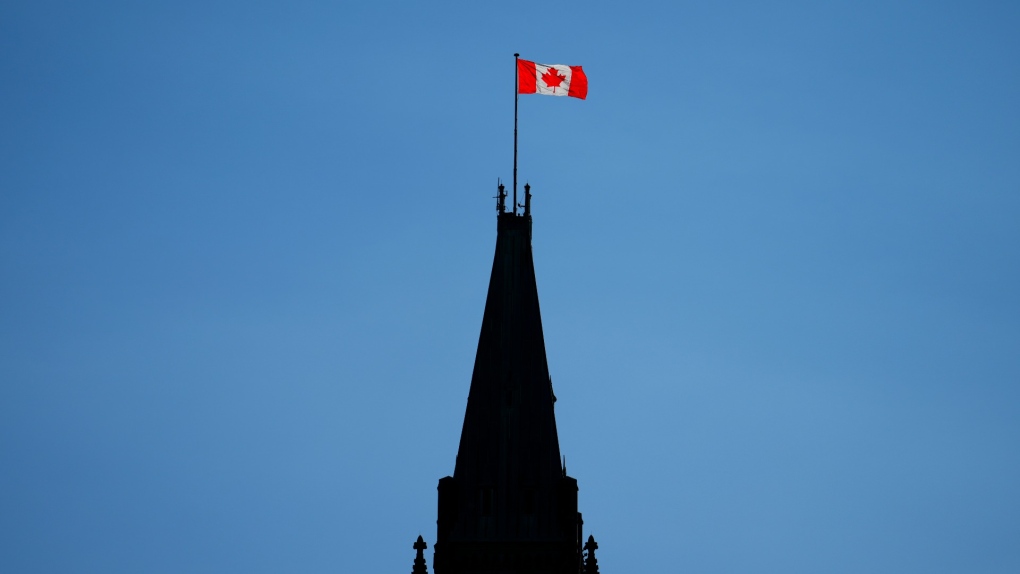
A recent report sheds light on the Canadian population residing abroad– estimated at around four million people in 2016, which constitutes just over 11 per cent of the country’s total population, according to Statistics Canada.
The report, published Monday from the McGill Institute for the Study of Canada, was commissioned by Senator Yuen Pau Woo, who is calling on Ottawa to create a strategy for how to better support Canadian expats.
The figure marks a significant increase of about 36 per cent since 1990, marking a growing trend of Canadians choosing to relocate.
While data on the Canadian diaspora remains limited, the report found that citizens by descent make up 51 per cent of Canadians living abroad, with those born in Canada representing 33 per cent and naturalized Canadians making up the remaining 15 per cent.
The report said one of the challenges to tracking this diaspora is that motivations to reside abroad vary, including permanent emigration and reverse migration from Canada.
For naturalized Canadians—those who acquire citizenship later in life—the Institute for Canadian Citizenship said the country is seeing a steady rise in onward migration after four to seven years of arrival in Canada.
Between 2017 and 2019, onward migration patterns were 31 per cent higher than average, impacting Canada’s immigration targets.
As well, a recent study from Statistics Canada found that more than 15 per cent of immigrants decide to leave Canada within 20 years of admission as permanent residents, either to return to their homeland or immigrate to another country.
The McGill report said the trend of onward migration is likely linked to “increasing costs of living in Canada,” and “unrealistic pathways towards recognizing foreign degrees.”
Data from the Asia Pacific Foundation of Canada (APFC) suggest the largest Canadian population outside of Canada is found in the United States, followed by Hong Kong, the United Kingdom and Australia.
According APFC’s data, Canadians have strong ties to East Asia, with South Korea, China and Japan ranking among the top 10 countries Canadians reside in.
But while the number of Canadians abroad may be growing, the McGill report notes that Canada’s relationship to its diaspora is defined by a lack of support and attention.
Areas like health care coverage, taxation and voting are indications of that relationship, the report says.
For example, while provinces have their own set of guidelines that allow residents to retain their provincial health coverage during extended absences, their coverage may be cancelled if they relocate permanently.
The report calls for greater transparency to help the diaspora access relevant information prior to and during their stay abroad.
For taxation, two groups of Canadians are still required to file annual tax returns and pay taxes on their Canadian income— residents temporarily outside of Canada and those who commonly reside in other countries and pay taxes only on income received in Canada.
In the area of voting, the most lenient rules apply to residents of Ontario and Québec, where the provincial governments accept voting from abroad for up to two years after the date of departure. The McGill report suggests provinces need to re-examine the efficacy of the current mail-in voting method and consider adopting electronic voting from abroad.
The report calls for policy recommendations across taxation, health care coverage and consular services to ensure active support for the diaspora and an official government strategy towards Canadian expats.
“An engaged and active support for the diaspora creates a stronger Canadian international network; a community that not only votes and pays taxes, but that has the ability to promote Canada abroad,” the McGill report said.
If you previously immigrated to Canada and have since left the country, or are thinking of leaving the country, CTVNews.ca wants to hear from you.
What factors might have influenced your decision to leave Canada? Did you face any obstacles in Canada that contributed to your decision leave? What made you move to Canada in the first place?
Share your story by emailing us at dotcom@bellmedia.ca with your name, general location and phone number in case we want to follow up. Your comments may be used in a CTVNews.ca story.
With files from The Canadian Press